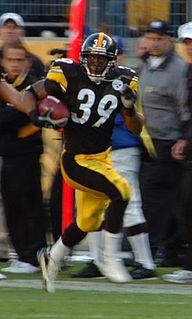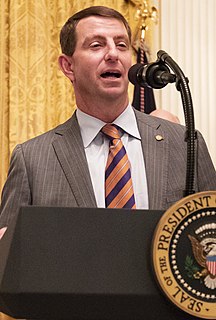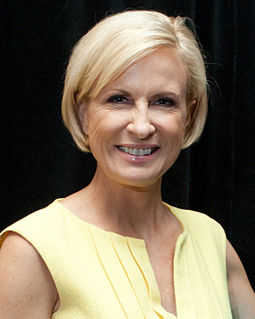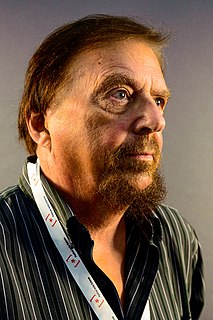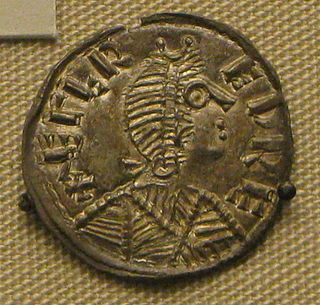A Quote by Eric Metaxas
It's one thing to be innocent and another thing to be naive or willfully ignorant.
Related Quotes
There's a willful ignorance. We indulge people who are willfully misrepresenting the facts. I don't think those [anti-choice] congresspeople are as much benignly misguided as they are intentionally and willfully ignorant of the facts of reproduction. That lends itself very well to them being ideologically driven and carrying out agendas that, if they were to be really honest about the facts, would be a tougher sell.
In re-reading 'Presumed Innocent,' the one thing that struck me - and I re-read the book four different times in writing 'Innocent,' interested in different things each time - but I did think there were a couple of extra loops in the plot that I probably didn't need. The other thing that sort of amazed me was how discursive the book was.
He who expects from a great name in politics, in philosophy, in art, equal greatness in other things, is little versed in human nature. Our strength lies in our weakness. The learned in books are ignorant of the world. He who is ignorant of books is often well acquainted with other things; for life is of the same length in the learned and unlearned; the mind cannot be idle; if it is not taken up with one thing, it attends to another through choice or necessity; and the degree of previous capacity in one class or another is a mere lottery.
What attracted me to immunology was that the whole thing seemed to revolve around a very simple experiment: take two different antibody molecules and compare their primary sequences. The secret of antibody diversity would emerge from that. Fortunately at the time I was sufficiently ignorant of the subject not to realise how naive I was being.
Paintings don't just happen. I am not a proponent of the idea of an artist as someone who kind of magically makes things and has no real control or isn't willfully producing a certain kind of thing. It is labor-intensive, and it is research-intensive. You are making one decision after another, trying to get at something you think is important.

